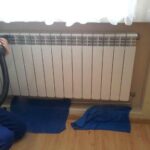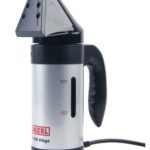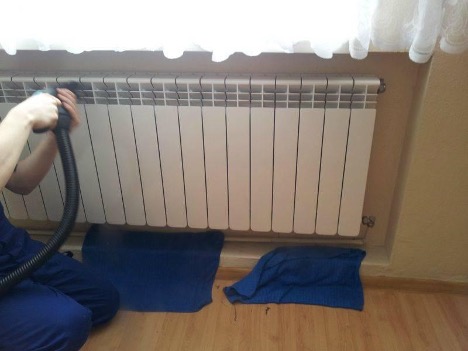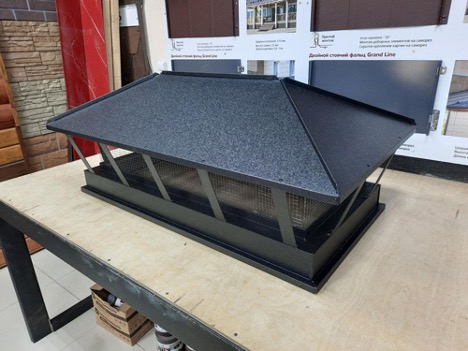The best insulation for floors in a wooden house: rating, description
Choosing insulation for the floor in a wooden house is a task that requires a careful approach. The best insulation for floors in a wooden house should combine environmental friendliness, durability and high thermal insulation ability. It is important to consider that wooden houses “breathe”, so insulation should not interfere with natural air circulation.
The first step in choosing insulation is to determine its main characteristics: thermal conductivity, moisture resistance and environmental friendliness. It is also important to consider ease of installation and the possibility of combining insulation with other materials used in construction and finishing.
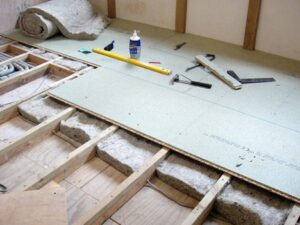
The content of the article
Which insulation is better for a wooden floor?
There are numerous options for insulation for wooden floors, and each of them has its own advantages and application features. Taking into account which insulation is better for a wooden floor, it is worth considering the following popular options:
- Mineral wool - This is an effective and affordable insulation with good sound insulation properties.
- Ecowool – this is an environmentally friendly material, ideal for wooden houses, provides excellent heat and sound insulation.
- Expanded polystyrene - lightweight and durable insulation, but requires caution in use due to fire hazard.
Rating of floor insulation in a wooden house
When compiling a rating of floor insulation in a wooden house, it is necessary to take into account many factors, including thermal conductivity, moisture resistance and environmental friendliness. It is also important to take into account user reviews and recommendations from construction professionals.
Today, the following insulation materials are often included in the rating:
- mineral wool;
- ecowool;
- expanded polystyrene;
- penoplex – characterized by increased moisture resistance;
- penofol is a thin but effective insulation with a reflective layer.
Choosing insulation for the floor in a wooden house
The approach will have to be planned literally step by step. It is important to consider not only the characteristics of the material, but also the characteristics of your home, the climate zone in which it is located, and your personal preferences in terms of comfort and environmental friendliness.
In addition to the technical characteristics, you should pay attention to the possibility of installing the insulation yourself or the need to involve professionals. It is also important to consider the compatibility of the insulation with existing or planned heating systems, for example, with heated floors.
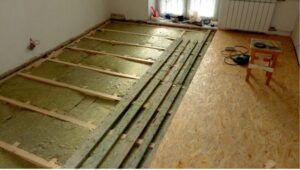
The best floor insulation
When choosing the best floor insulation, you need to pay attention to the ratio of its cost and quality, as well as its compliance with the individual needs of the home. An ideal insulation should not only be effective in retaining heat, but also safe for the health of residents, resistant to moisture and durable.
Considering environmental trends and the desire for naturalness, many owners of wooden houses prefer natural materials such as ecowool or wood wool. These materials have excellent thermal insulation properties and are environmentally friendly.
Floor insulation: features and nuances of choice
When it comes to floor insulation, it is important to take into account the specifics of its use in a wooden house. Wooden floors are sensitive to moisture, so the insulation must have good moisture-proof properties and also allow the floor to “breathe.” It is also important that the material is resistant to the formation of mold and mildew, which is especially important for wooden structures.
When choosing insulation, you should pay attention to its density and ability to withstand loads, especially if the floor is intended to be used intensively. At the same time, we should not forget about the soundproofing properties of the insulation, which is important for creating a comfortable atmosphere in the house.
Conclusion
In conclusion, when choosing insulation for the floor of a wooden house, it is important to combine practical considerations with personal preferences and the characteristics of the house itself. Whether it's an economical electric underfloor heating or the cheapest underfloor heating, the key factor should be its ability to provide warmth and comfort for years to come. The right choice of insulation will help make your wooden house even more comfortable and warm, and also help save on heating costs.

